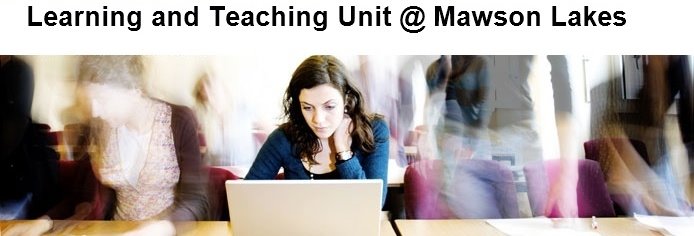
Myth 1 - Paraphrasing means putting things into 'my own words' by changing some words in a text and moving others around
Try to move away from the idea of 'putting things into your own words' because the ideal is to read and then ask 'what is the author trying to say here?'. One person's
paraphrase will be very different from another person's paraphrase. The important thing is to take the meaning, acknowledge it and use it to support your own ideas and arguments.
Myth 2 - Wikepedia is a great reference to use in my writing
Wikepedia is a
great resource and mostly you won't get an argument from lecturers about that!
However, it has no place in academic writing because it has not gone through the rigours of review and checking which a book and journal does. Anyone (authority or not) can change the information on Wikepedia, which also makes it fraught with danger. Use it for background reading, but not for inclusion in your assignment.
Myth 3 - I only need to study two hours a week per course
As you can see from our survey, some students chose this as an option. Officially, you should
manage a full time course in the same way that you would a full time job. You need to spend around 9 hours per course, in addition to contact time. This means a total of 11 - 12 hours per week in attending lectures, reading, revising, researching and writing.
Myth 4 - I will make a fool of myself if I ask a question in class
No, no, no!
Be assured your so called 'silly' question will be the same as the person sitting next to you! Asking questions is HIGHLY valued by tutors and the success of any
tutorial often relies on student questions.
Myth 5 - I don't need to worry too much about doing well in tests that don't count towards assessment. It’s the exams that really count.
Tests (assessed or otherwise) are an important learning ground for you (and your lecturer) to assess your understanding. The work you put into studying (and reflecting upon) tests now, will be help you become more efficient (and less stressed) around exam time. Make the most of ANY opportunity to study and reflect.
Myth 6 - I just need to do my 'bit' in group work (and that's all!)
Patently incorrect! A group is an entity which relies on an integrated approach from everyone. In addition, each group member will have their own personal strengths to add to the group. One person might be an excellent presenter, another have a strength in editing. You need to do 'your bit', but it must be the sum of all parts - done collaboratively. Here are some resources to get you started:
Myth 7 - There's not much social life at Mawson Lakes
Indeed there IS social life at
Mawson Lakes both on campus and also in the
Mawson Lakes community. Check out the
UniLife clubs website.
Linked to this myth is ‘
Mawson Lakes Campus is in the middle of nowhere’ The online student guide ‘
Mawson Lakes 101’ available on the
Community Website shows all the services and facilities a student might need right here in
Mawson Lakes.
These famous
Mawson myths have been prepared by us - the counsellors and learning advisers at
Mawson Lakes -
Angela,
Adiemus,
Helen and
Andrea. We KNOW about these myths because we work with students on a daily basis who have been caught out and spoken to many-a lecturer with similar observations.
(and remember...we were students once ourselves! And that's not a myth!)
Myth or reality? Post a comment so that we may 'confirm' or 'bust' your myth. You CAN be anonymous, if you choose. Click on the link to comments below the post.







